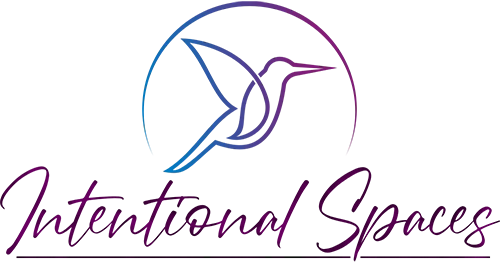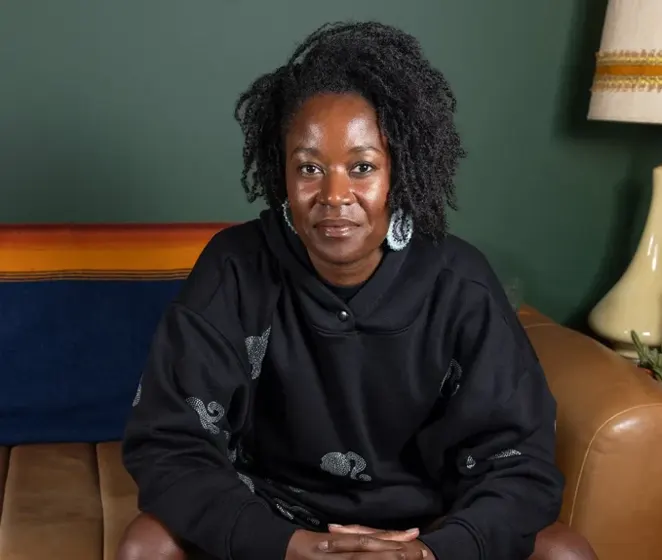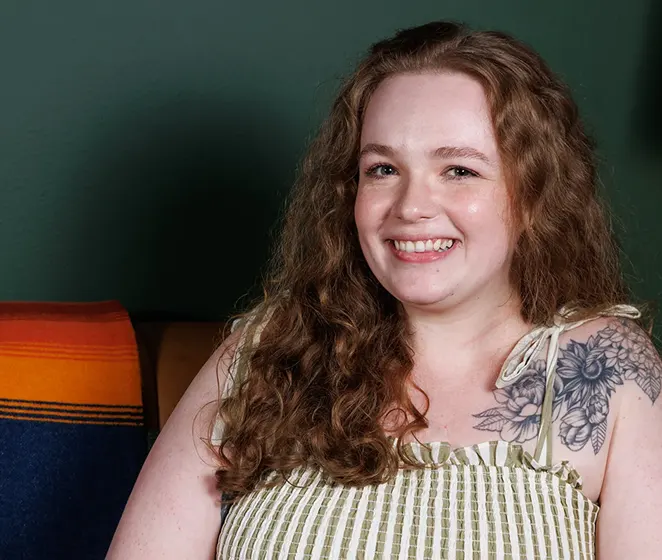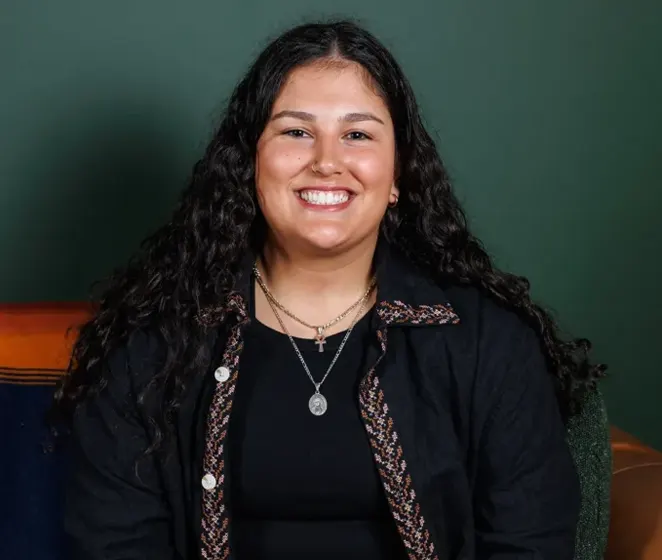by Intentional Spaces Psychotherapy
Sports can be one of the most meaningful parts of growing up. They bring moments of exhilaration, winning a hard-fought game, feeling your body perform at its peak, or celebrating with teammates who become like family. But along with those highs come real challenges: the pressure to perform, the weight of expectations, the sting of mistakes, and the deep disappointment of losses. For young athletes, these moments can feel overwhelming, especially when there’s an unspoken belief that being a “good” athlete means being endlessly tough. The truth is, athletic strength is not only measured in speed, skill, or physical power. Strength also lives in the ability to bend and recover, to adapt, to keep going, and to trust yourself even when things feel hard. That is what we call mental resilience.
Mental resilience is not about ignoring your emotions or pretending that stress doesn’t exist. It’s not about “shaking it off” or silencing the voice inside that feels scared or frustrated. Instead, it’s about learning to work with your mind and emotions the same way you train your body, with attention, consistency, and care. Just like you practice free throws, drills, or endurance runs, you can practice resilience. And the more you strengthen this mental muscle, the more you’ll be able to navigate not just sports, but all the other parts of life that ask a lot from you.
What Mental Resilience Looks Like in the Game
Resilience is the invisible skill that allows athletes to keep showing up, even when things don’t go their way. It’s what helps you bounce back after a tough loss, find focus after a mistake, or maintain composure when the pressure feels crushing. For young athletes, resilience becomes especially important because the demands of sports are often layered on top of schoolwork, friendships, family life, and the normal ups and downs of growing up. Without resilience, setbacks in one area can feel devastating. With resilience, those same setbacks become opportunities to learn, adapt, and come back stronger.
When mental resilience is present, it often looks like:
- Staying calm under pressure, even when a game starts off rocky or an opponent feels unbeatable.
- Recovering quickly after a mistake, shifting focus from what went wrong to what you can do next.
- Keeping perspective, not letting one bad play define your worth as a player, or as a person.
- Finding ways to heal emotionally after injury, recognizing that recovery is not only about the body but also about rebuilding confidence and trust in yourself.
Resilience doesn’t erase challenges. Instead, it helps you meet them differently, with steadiness, perspective, and the ability to keep moving forward.
Why Building Resilience Can Be So Hard
If resilience feels out of reach sometimes, it’s not because you’re weak or incapable. It’s because the world of youth sports can create intense pressures that make bouncing back especially difficult. Many athletes face expectations that are far greater than what most adults experienced when they were young. Today’s athletes not only compete on the field, but they also live under the spotlight of comparison, performance stats, and social media. It’s a lot to carry.
Young athletes often struggle with resilience because of:
- High expectations: Parents, coaches, and even peers often set the bar incredibly high. Athletes may feel like mistakes aren’t allowed or that their value depends on performance.
- Comparison culture: Constantly seeing highlights of others’ successes—online or in person—can create the belief that you’re always behind or not enough.
- Overloaded schedules: Balancing practices, games, schoolwork, and commitments leaves little time for true rest and reflection, which resilience requires.
- Fear of letting others down: Many athletes carry not just their own goals, but also the weight of teammates, families, or communities who are invested in their performance.
When all of these pressures add up, resilience can feel impossible. But the truth is, resilience doesn’t mean ignoring pressure; it means developing ways to move through it without losing yourself in the process.
Tools Every Young Athlete Should Know
Resilience is not something you’re either born with or without; it’s a skill you can practice and strengthen. Each tool you use becomes like another rep in training, slowly building the foundation that will hold you through hard moments.
- Reframe mistakes as feedback.
Instead of seeing a missed shot or lost game as proof of failure, try to view it as information. Every mistake highlights what can be adjusted, what can be practiced differently, or where your focus might grow. This shift allows you to step away from self-criticism and move toward learning.
- Use mindful breathing to center yourself.
Stress and anxiety live in the body as much as the mind. Pausing to take slow, intentional breaths before a game, in the middle of competition, or after a tough moment can help reset your nervous system. Breathing is one of the simplest yet most powerful tools athletes can use to bring calm and focus back into the present.
- Cultivate supportive self-talk.
Pay attention to the words you say to yourself in your head. Self-talk can either drain your confidence or fuel your performance. Practicing phrases like “One play at a time” or “I’ve prepared for this” helps redirect your energy from fear to focus. Over time, this shift in inner dialogue can transform how you approach both small and big moments.
- Set process goals, not just outcome goals.
Outcomes, winning, scoring, and breaking records, are not always in your control. Process goals keep the focus on what you can control. Instead of focusing only on victory, try goals like:
“Stay grounded in my footwork.”
“Take a calming breath before each free throw.”
“Keep communication strong with my teammates.”
Process goals keep the pressure manageable while still pushing you forward.
- Build connection and support.
Resilience grows in community. Talking with teammates, trusted coaches, parents, or therapists about your struggles allows the weight to be shared. Connection is not a sign of weakness; it’s one of the strongest foundations for recovery and growth.
- Build connection and support.
Resilience grows in community. Talking with teammates, trusted coaches, parents, or therapists about your struggles allows the weight to be shared. Connection is not a sign of weakness; it’s one of the strongest foundations for recovery and growth.

A Gentle Reminder
Young athletes often believe resilience is about being unbreakable, never showing weakness, never needing help, never stumbling. But resilience is not about perfection. It’s about movement. It’s about returning again and again, even after setbacks. It’s about choosing compassion instead of criticism when you fall short.
Every time you take a breath instead of spiraling, every time you reframe a mistake as learning, every time you lean on support instead of isolating, you are practicing resilience. And practice is what makes resilience grow.
If sports sometimes feel overwhelming, or if the weight of pressure begins to overshadow the joy of the game, it doesn’t mean you’re not cut out for athletics. It simply means you’re human. With guidance, support, and patience, resilience can become one of your most powerful tools, not just on the field, but in every part of your life.















